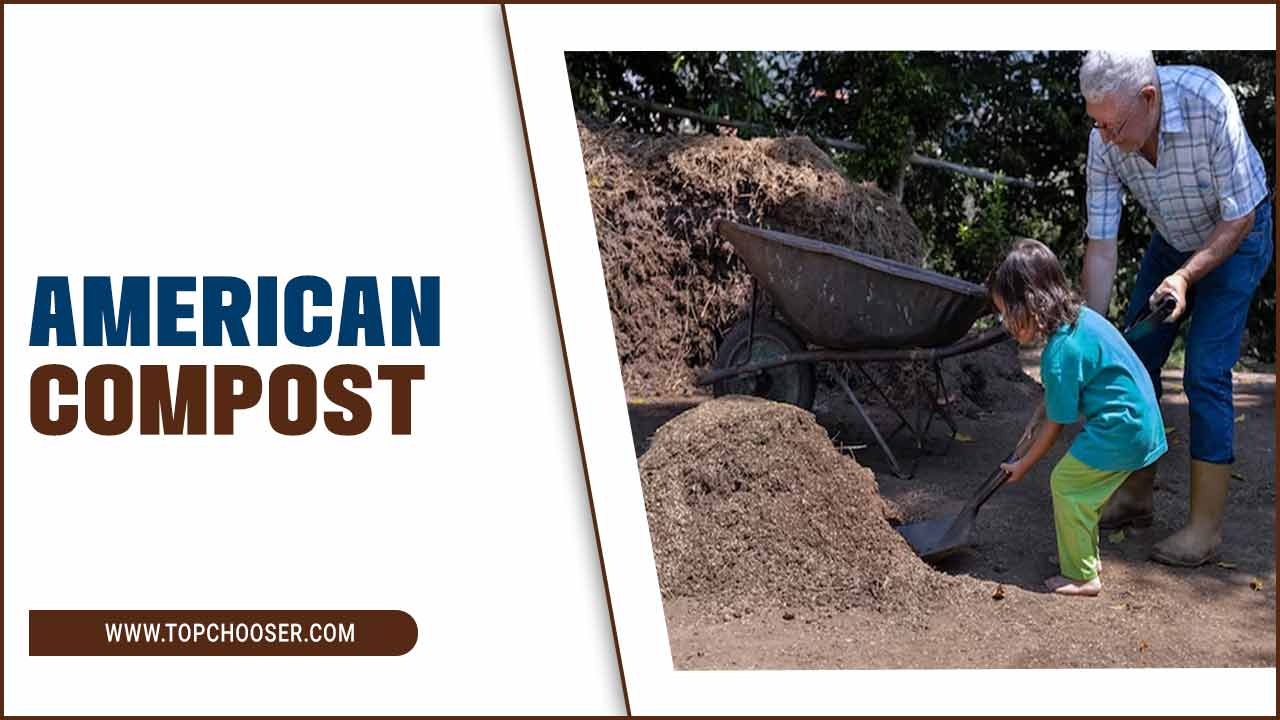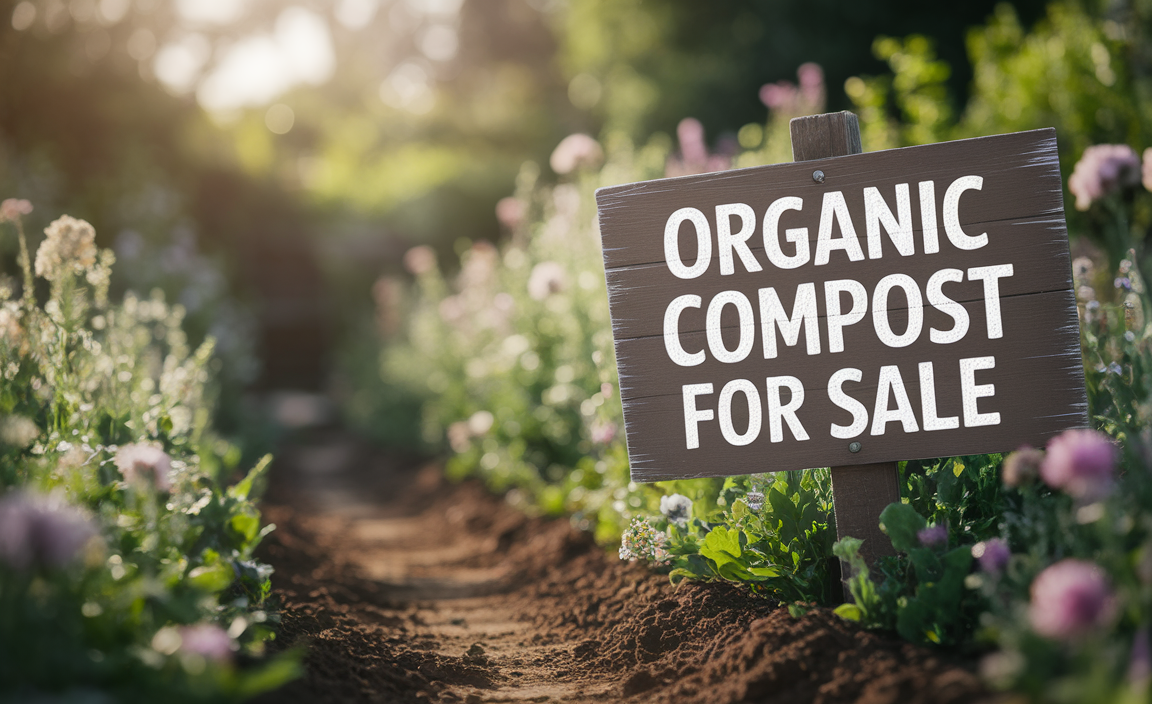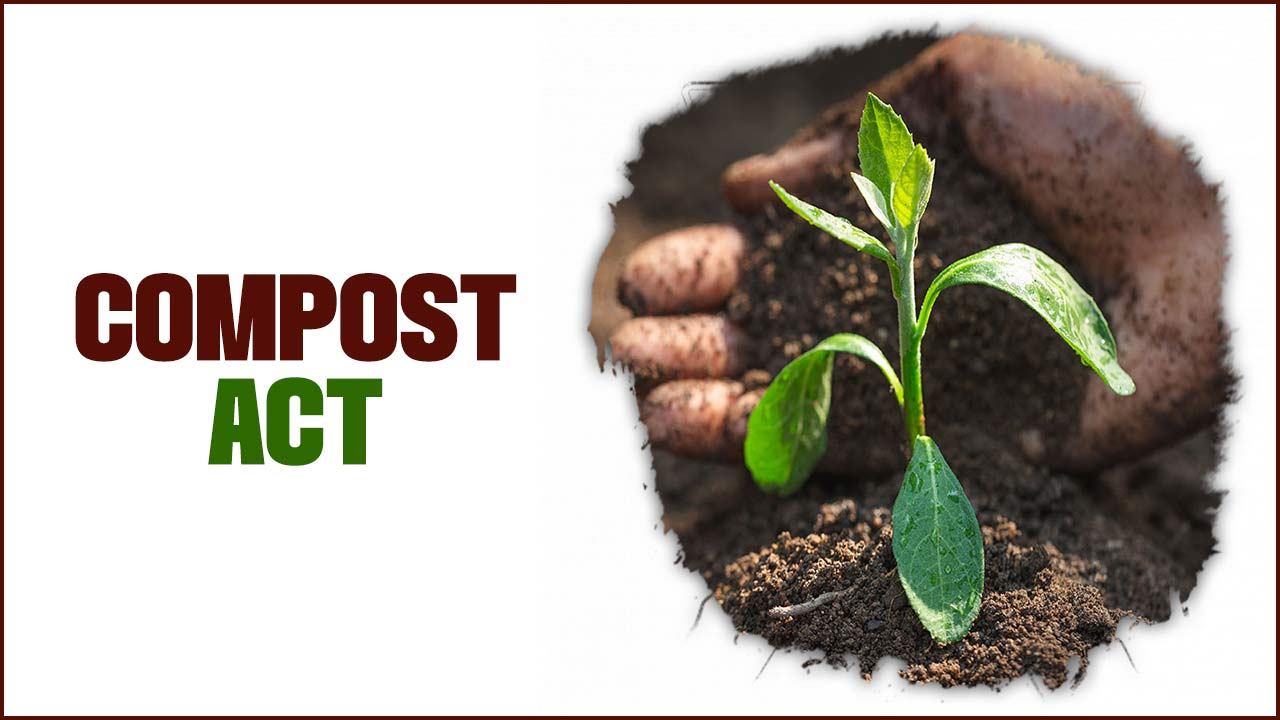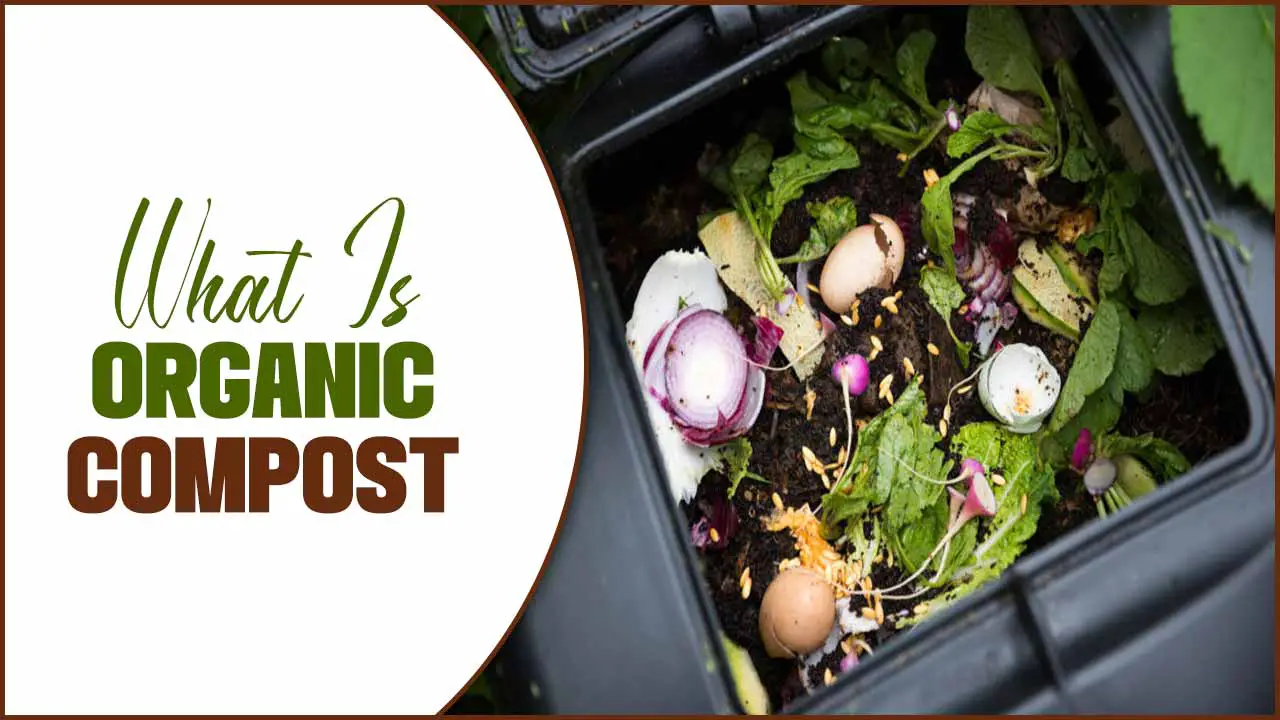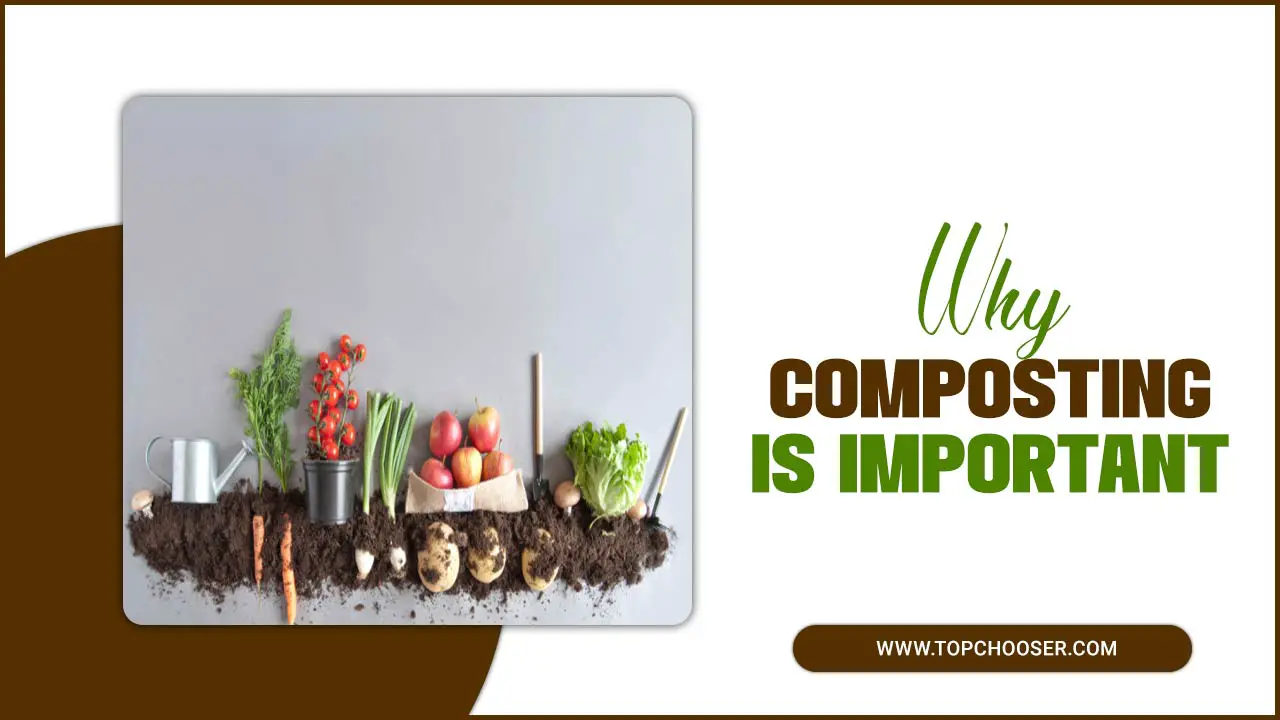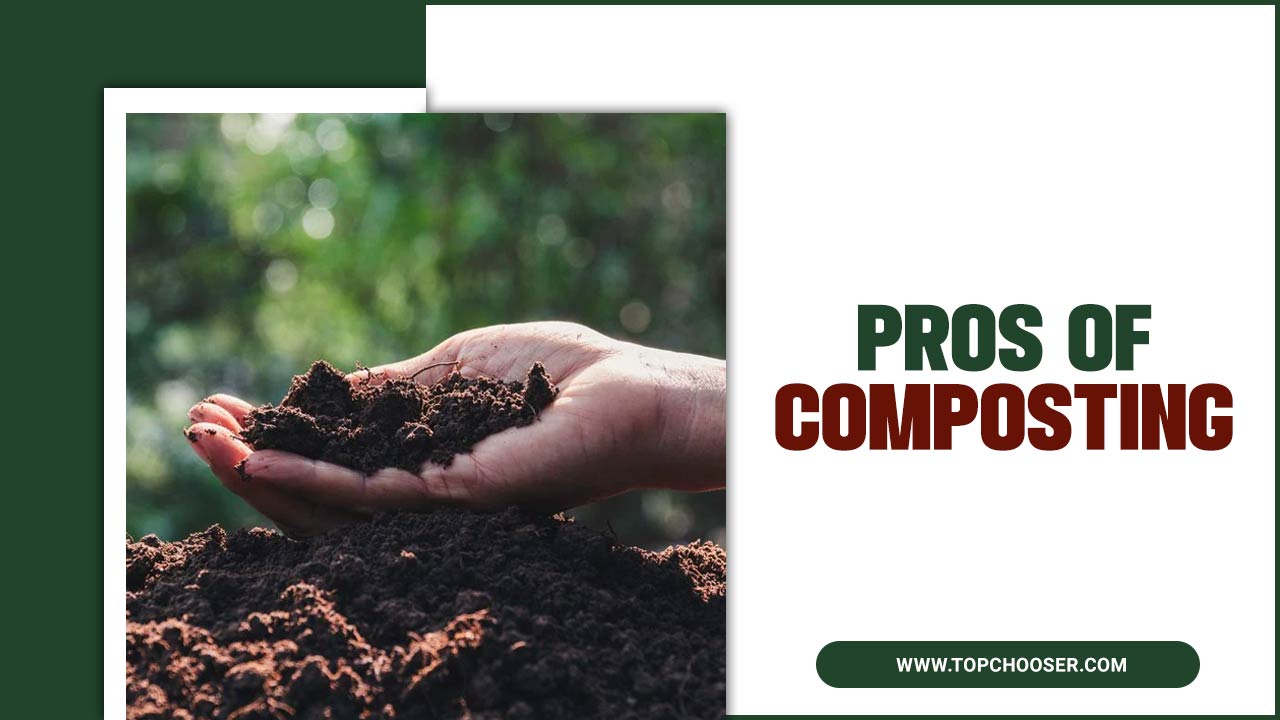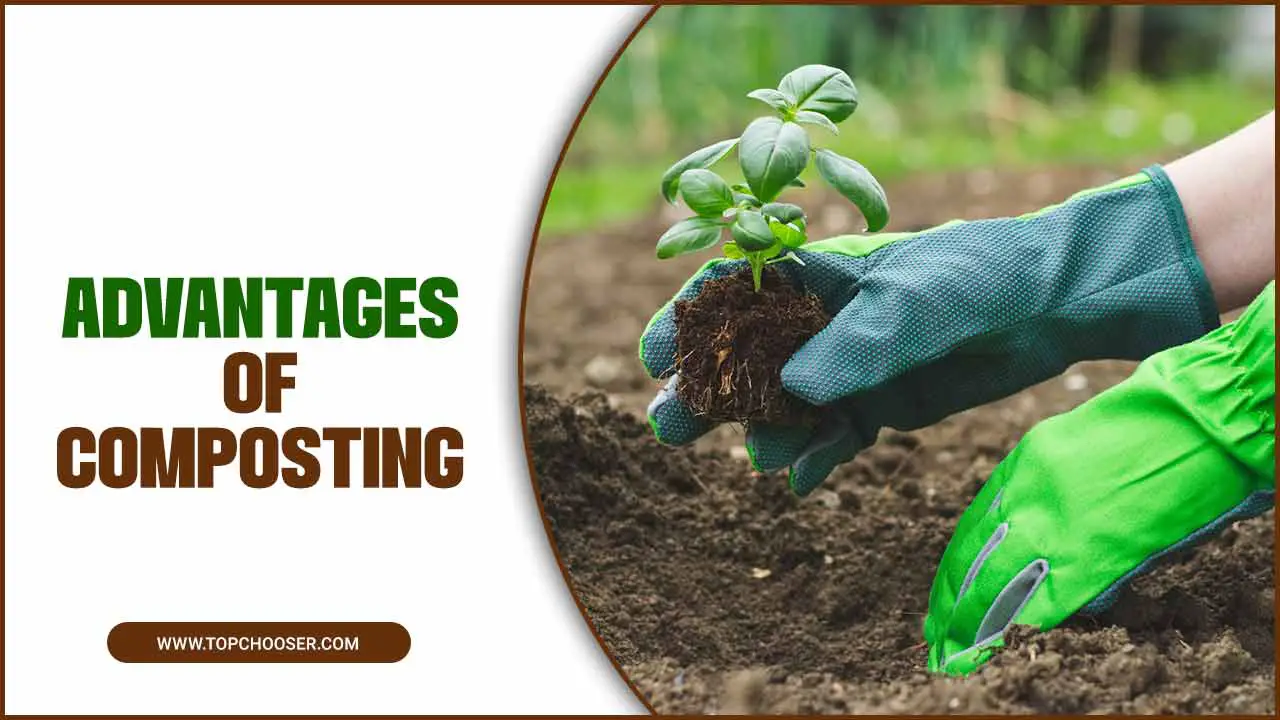The United States Composting Council (USCC) is a nonprofit organization dedicated to the advancement and expansion of composting and compost use throughout North America.
The USCC works to foster the proper management of organic materials to create a more sustainable environment and improve the quality of life for allIn this blog; we will delve into how the US Composting Council plays a vital role in promoting sustainable practices and building a greener future.
We will explore the different types of composting, from home to community and industrial, and provide insights on starting your own composting program. Discover the powerful connection between composting and sustainability, climate change, soil health, and food waste reduction. If you’re interested in building a successful composting business, we’ll also discuss how the Composting Council can support you.
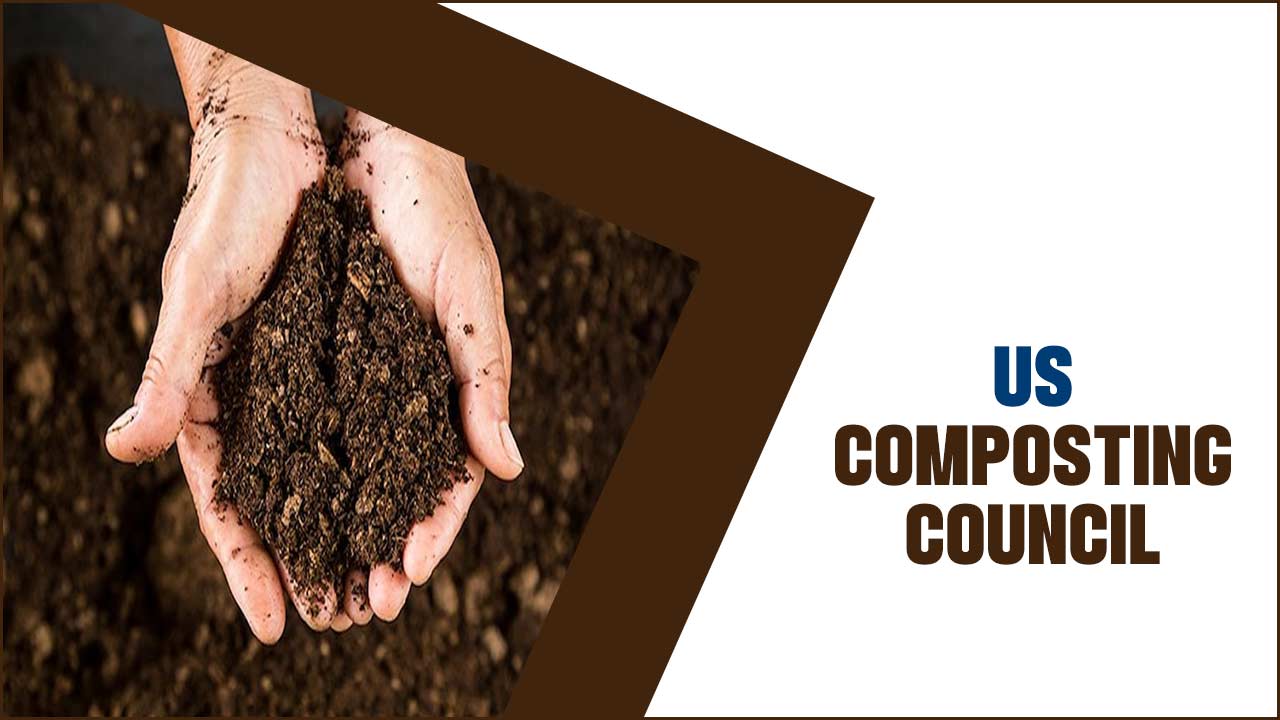
How To Use US Composting Council For A Greener Future
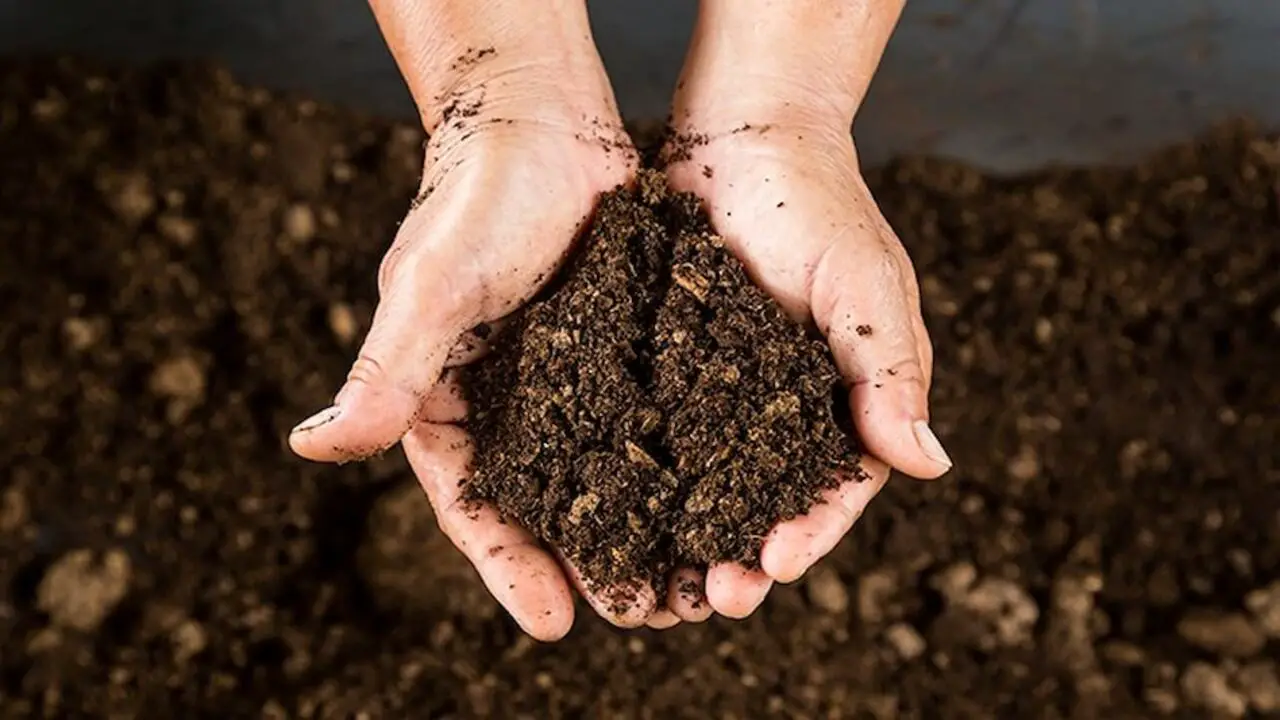
Discover the benefits of composting and its contribution to a greener future. Implement composting practices with the help of resources and tools provided by the US Composting Council. Find information on local composting facilities and programs in your area.
Engage in community initiatives and events the council organizes to promote composting awareness. Stay up-to-date with the latest research and advancements in composting technology through educational materials and publications offered by the Composting Council.
The Role Of The Composting Council In Promoting Sustainable Practices
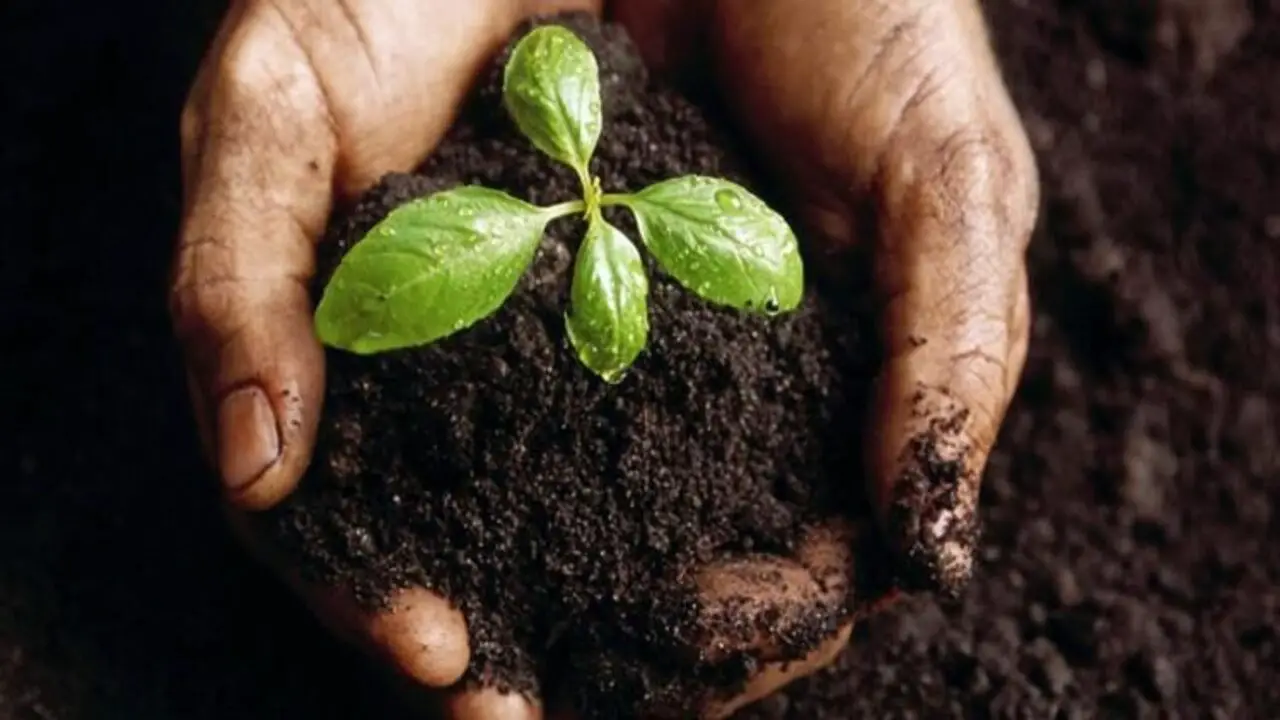
The Composting Council, a non-profit organization, significantly promotes sustainable practices within the composting industry. The council encourages implementing sustainable composting practices by providing resources, education, and support to individuals and businesses. They also offer certification programs for compost facility operators to ensure safe and efficient production.
In addition, the council advocates for policies and regulations that support the growth of the composting industry and its positive environmental impact. Through the expertise and resources of the US Composting. Individuals and businesses can contribute to a greener future by diverting organic waste from landfills and creating nutrient-rich compost for soil health.
Types Of Composting: Home, Community, And Industrial
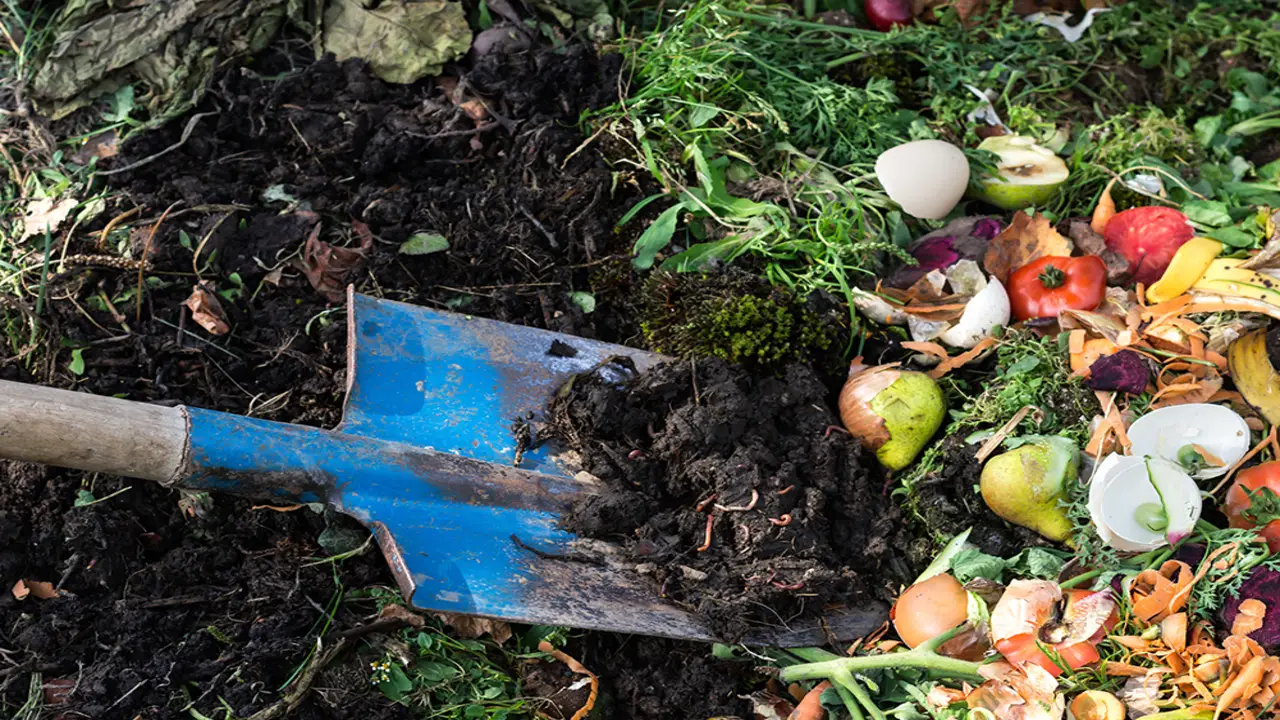
Home composting, community composting, and industrial composting are three composting practices supported by the Composting Council. Home composting involves recycling organic waste from households, such as fruit and vegetable scraps, yard trimmings, and coffee grounds.
It is an accessible and environmentally friendly way for individuals to reduce their carbon footprint. On the other hand, community composting involves larger-scale operations that accept organic waste from multiple households or businesses in a specific area.
This type of composting promotes community involvement and provides a centralized solution for waste management. Lastly, industrial composting refers to large-scale facilities that process organic waste from businesses and institutions.
These facilities can handle large quantities of waste and produce high-quality compost on an industrial level. The Composting Council can provide guidance and resources for each type of composting practice. Ensuring that best practices are followed for a greener and more sustainable future.
Starting A Composting Program
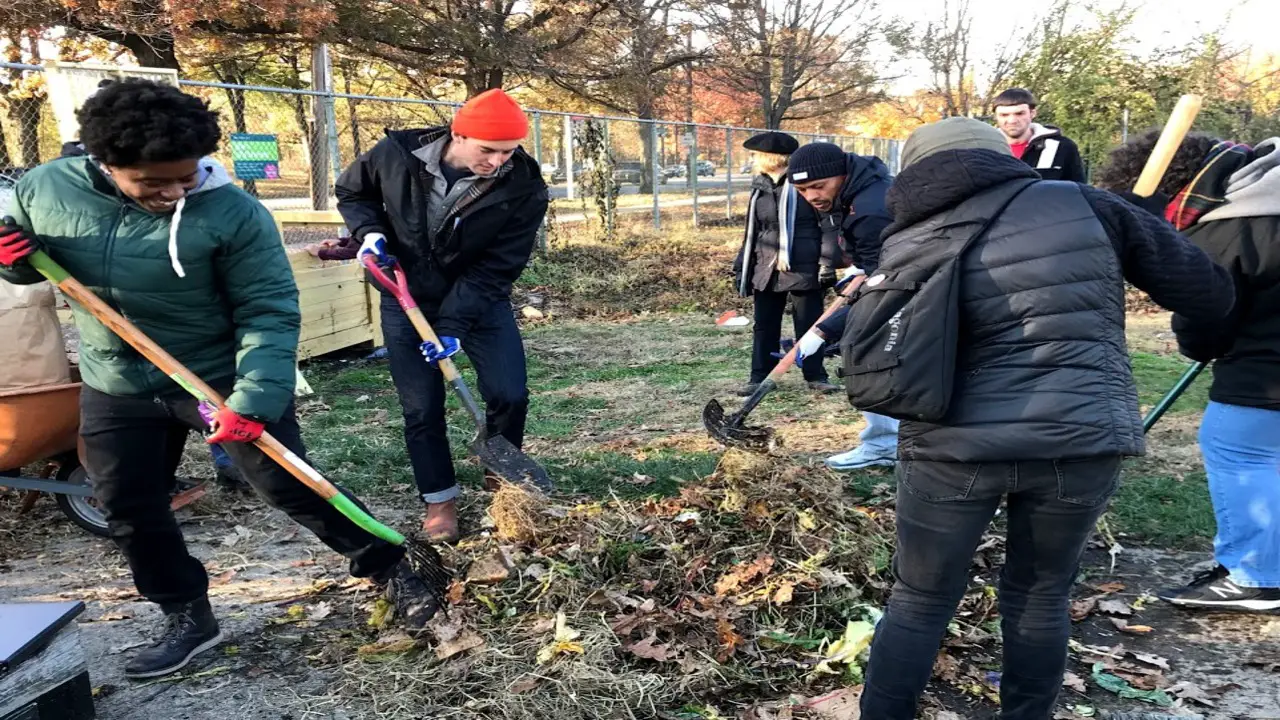
The Composting Council is a valuable resource when starting a composting program. As a non-profit organization, they promote the benefits of composting and organic waste recycling. The first step in getting started is to assess your needs and set goals for the program. The Composting Council can assist with important aspects such as site selection, design, and equipment recommendations.
They even offer training programs and educational materials to help individuals and organizations learn about the best practices for composting. You can confidently embark on a successful composting program with their guidance and resources. Just remember to consult official sources for specific information on composting programs.
Composting And Sustainability
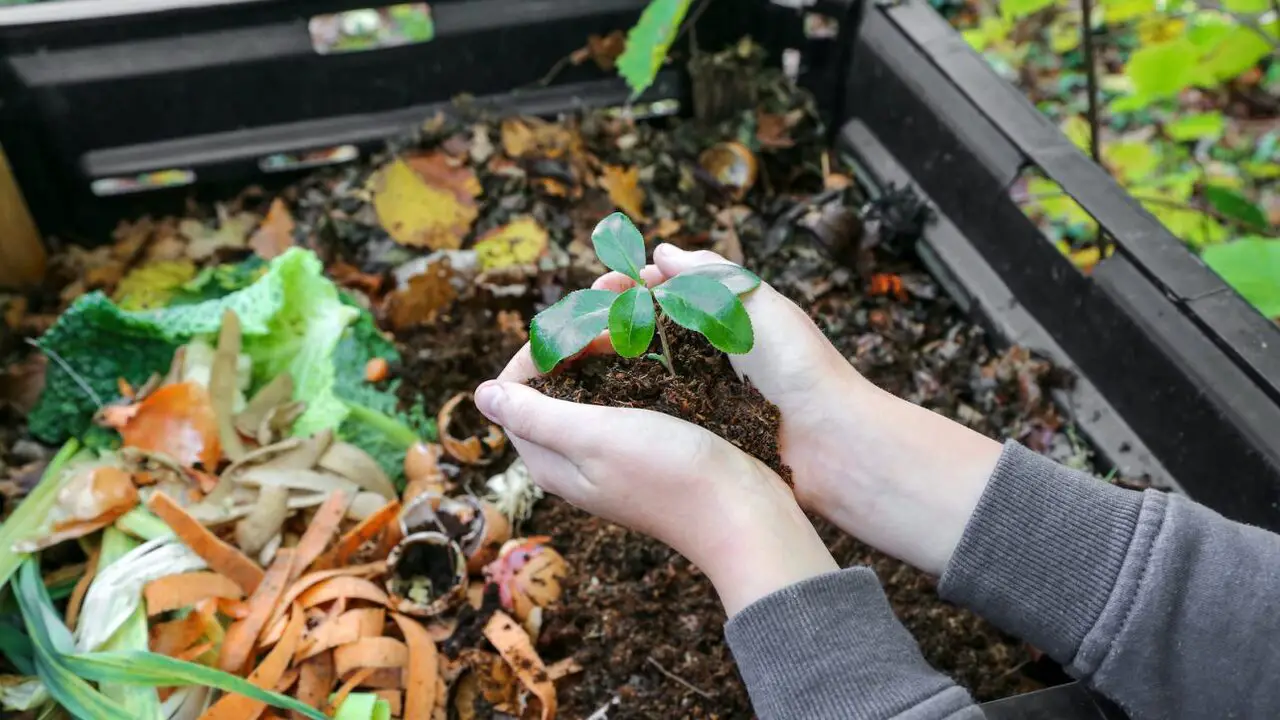
Composting plays a crucial role in promoting sustainable practices and environmental conservation. It involves decomposing organic materials into nutrient-rich soil, such as food scraps and yard waste. By composting, individuals can significantly reduce their waste, improve soil health, and reduce greenhouse gas emissions.
The Composting Council is a non-profit organization promoting composting and sustainable practices. Provides valuable resources and information on how to start and maintain a composting program.
They also offer certification programs for professionals in the composting industry and advocate for policies that support composting and sustainability. Through their initiatives, the Composting Council aims to create a greener future by encouraging more people. And organizations to embrace composting as a sustainable waste management solution.
Composting And Climate Change

Composting plays a significant role in addressing climate change by reducing waste and its associated greenhouse gas emissions. The Composting Council, a nonprofit organization, dedicates itself to promoting composting as a solution.
Through education and advocacy, they raise awareness about the benefits of composting and encourage its widespread adoption. By diverting organic waste from landfills, composting prevents the release of methane, a potent greenhouse gas.
The Council provides valuable resources and support for individuals, businesses, and communities interested in implementing composting programs. By utilizing these resources, individuals can contribute to building a greener future, reducing waste, improving soil health, and combating climate change. The Composting Council exemplifies the importance of composting in mitigating the environmental impacts of our waste.
Composting And Soil Health
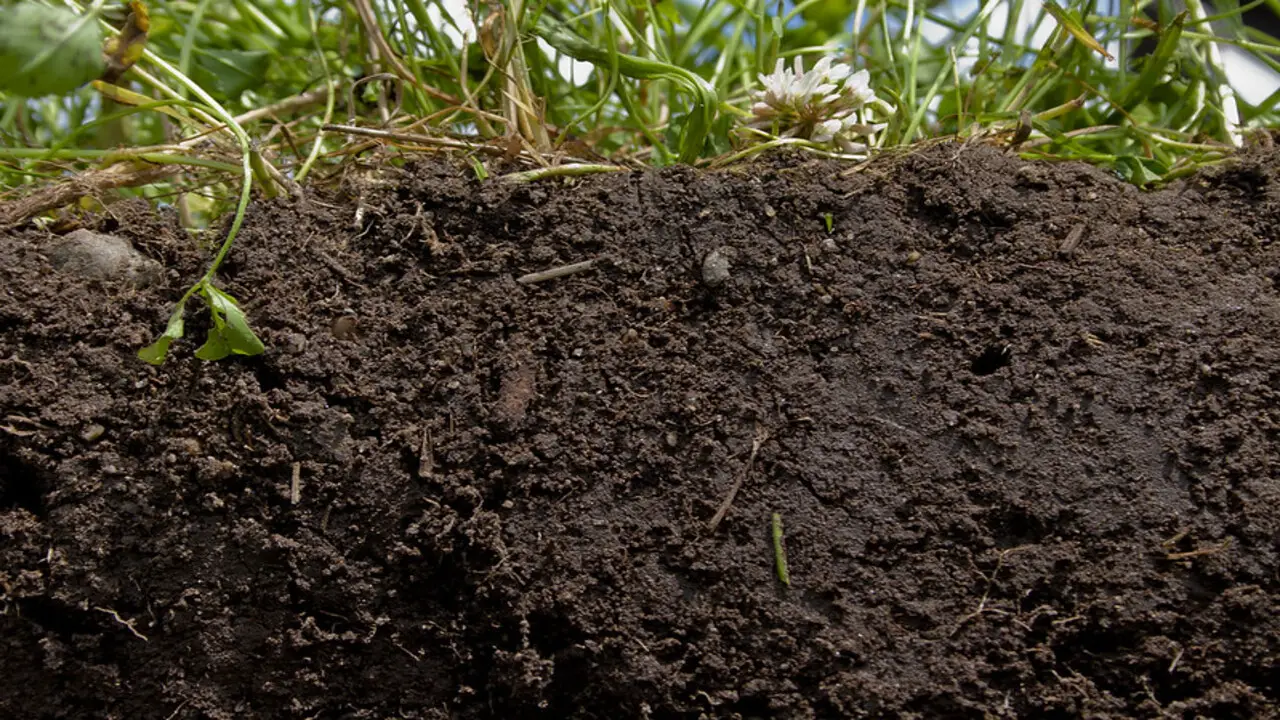
Composting plays a crucial role in improving soil health and promoting sustainable practices. The Composting Council, a non-profit organization, is dedicated to driving composting initiatives and using compost to enhance soil quality.
By diverting organic waste from landfills and converting it into nutrient-rich compost, individuals can contribute to a greener future while reducing waste. The Council provides valuable resources and information on starting and maintaining composting programs, including tips for home composting.
Compost improves soil structure, increases water retention, and supplies essential nutrients to plants, leading to healthier and more productive gardens and landscapes. By incorporating composting practices and utilizing the resources offered by the Composting Council. Individuals can positively impact soil health and contribute to building a sustainable environment.
Composting And Food Waste Reduction
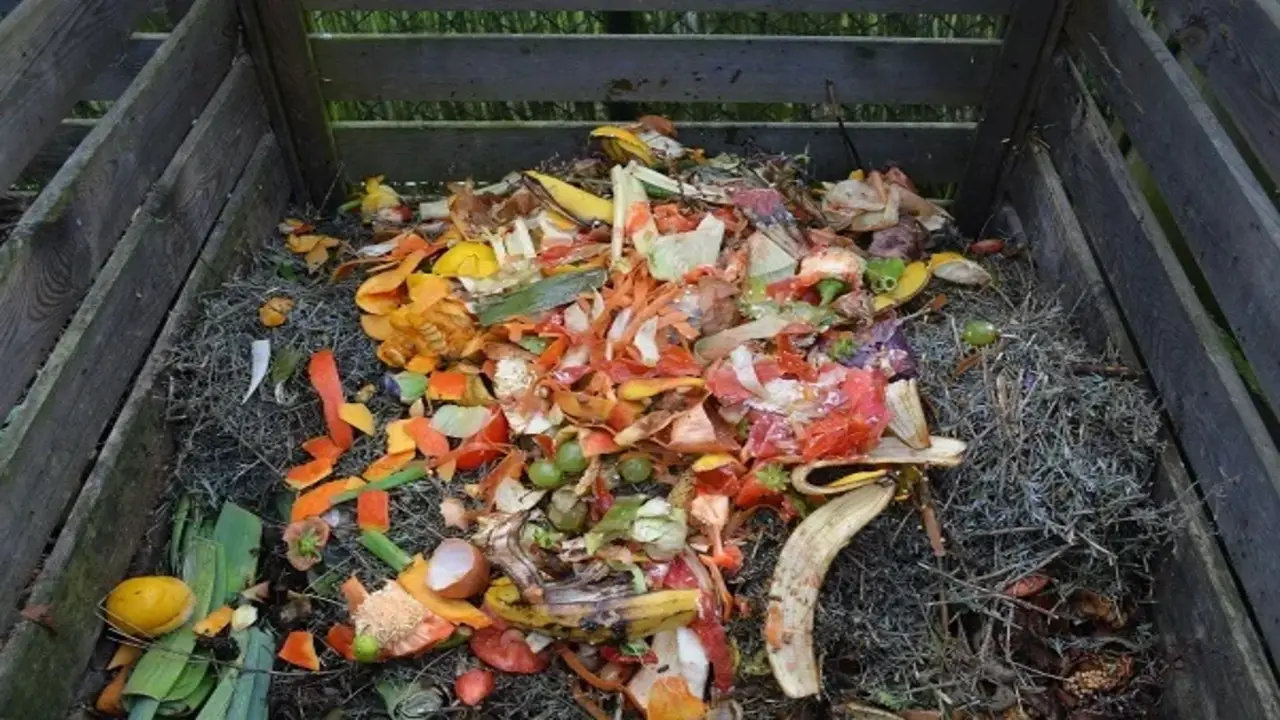
Composting and food waste reduction are crucial practices in building a greener future. The Composting Council, a nonprofit organization, promotes and advances these sustainable solutions across the United States.
Composting involves separating organic materials into nutrient-rich soil amendments, such as food scraps and yard waste. By composting, individuals and businesses can effectively reduce the amount of waste sent to landfills while creating a valuable resource for improving soil health.
The Composting Council offers a range of resources and support to help individuals. And businesses start and maintain successful composting programs. From educational materials to training programs and networking opportunities, they ensure that composters have access to industry experts and peers. Additionally, they advocate for policies that support composting and food waste reduction at the local, state, and national levels.
Building A Successful Composting Business With The Composting Council
Building a successful composting business requires the right resources and support, and the Composting Council provides just that. As a non-profit organization, they dedicate themselves to promoting the use and benefits of composting.
Individuals and businesses interested in starting or expanding composting operations can access valuable resources, training, and networking opportunities through their programs. The Council also offers certification programs for compost facility operators, ensuring they adhere to industry standards and best practices.
Additionally, they advocate for policies that support composting as a sustainable waste management solution and educate the public about its environmental benefits. By utilizing the resources and support the Composting Council provides, businesses can navigate the challenges of operating a composting business and contribute to a greener future.
Certification Programs For Composting Professionals
The Composting Council provides certification programs for composting professionals, such as the Certified Compost Operations Manager and the Certified Compost Facility Operator. These programs offer training and education on composting best practices, including site management, compost quality control, and regulatory compliance.
By obtaining these certifications, professionals in the composting industry can showcase their expertise and dedication to sustainable waste management. The Composting Council also offers resources and guidance for individuals and organizations looking to start or expand their composting programs. Through these initiatives, the Composting Council is actively working towards a greener future by advocating for the benefits of composting and organic waste recycling.
Conclusion
Composting is the process of recycling organic matter, such as leaves, fruit, and kitchen scraps, into nutrient-rich soil that can be used to grow plants or flowers. The US Composting Council is crucial in promoting sustainable practices and building a greener future. By embracing composting, individuals and communities can reduce waste, improve soil health, and mitigate climate change.
Whether you’re interested in starting a composting program, learning about the different types of composting, or building a successful composting business, the Composting Council is here to support you. Take advantage of their certification programs for composting professionals and join the movement towards a more sustainable future.
Frequently Asked Questions
[rank_math_rich_snippet id=”s-43f5561c-b917-451f-b522-30d822b51ecc”]

I am passionate about home engineering. I specialize in designing, installing, and maintaining heating, ventilation, and air conditioning systems. My goal is to help people stay comfortable in their homes all year long.

